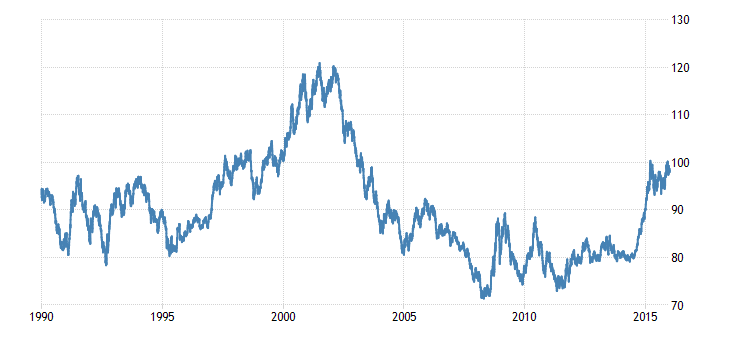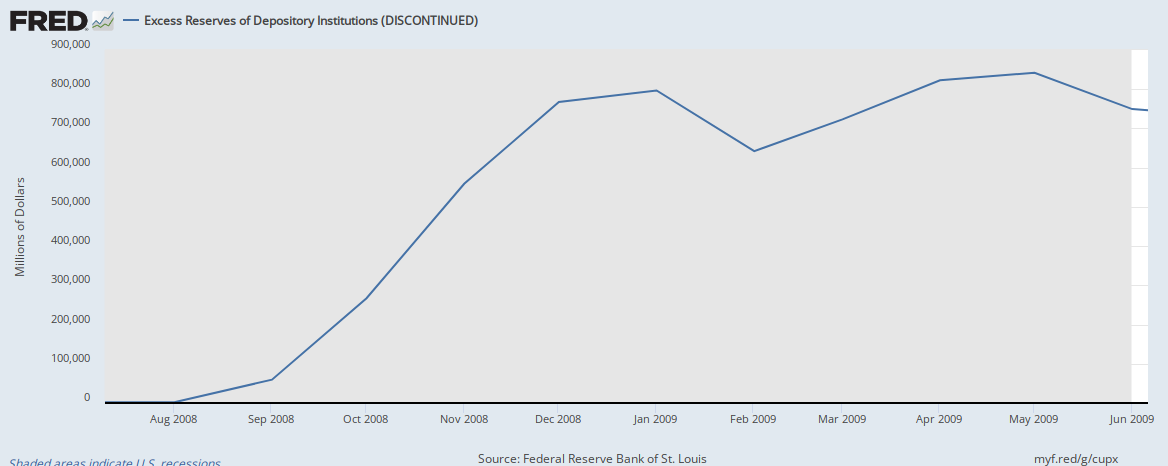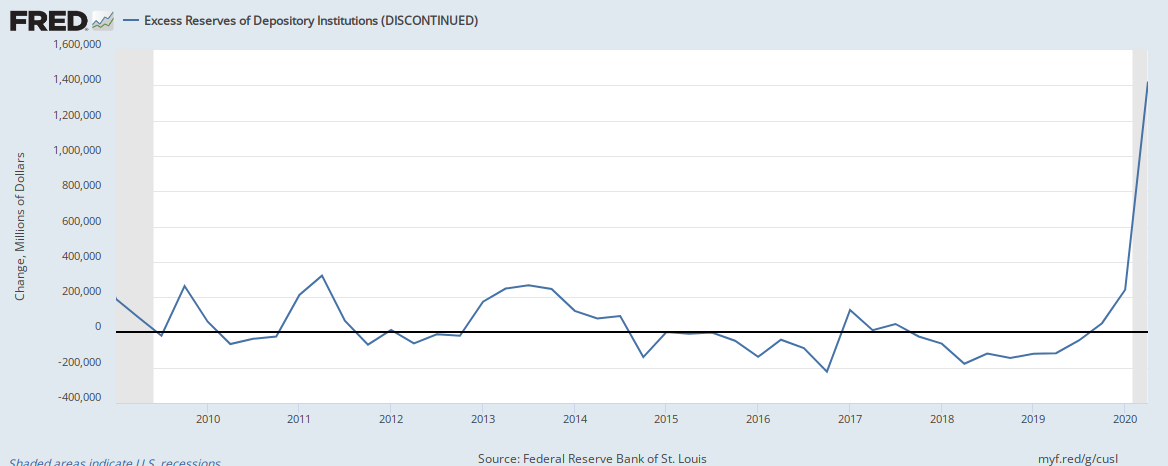- Joined
- Dec 1, 2016
- Messages
- 996
- Reaction score
- 525
- Location
- USA
- Gender
- Male
- Political Leaning
- Centrist
Though I didn't vote for Trump, I'm hopeful that he'll be a good President overall.
But I'm increasingly concerned about his ideas about trade and the mix of jobs in the US. In principle, building more things here in the US makes some sense. Currently, only about 8% of US jobs are in manufacturing, so an increase in these jobs could increase overall employment and also reduce dependency on other countries.
But our workers need to be competitive with other countries in terms of cost, quality, and productivity, and that can mean accepting lower wages. If our workers aren't competitive, seems that protecting their jobs with tariffs, etc. will simply raise prices for consumers, increase profits of protected companies, and reduce the pressure and incentive for those US companies and workers to raise their quality and productivity. I can see these factors being very harmful to our economy, and if we get into trade wars that could make things much worse.
So what specifically are the trade arrangements currently in place which are "unfair" to US workers? What is the case for Trump actually having the right approach with respect to trade and manufacturing?
I'm interested in investigating this issue with some objectivity, rather than just hearing shallow partisan talking points (which is what I've heard so far from Trump and in the media).
But I'm increasingly concerned about his ideas about trade and the mix of jobs in the US. In principle, building more things here in the US makes some sense. Currently, only about 8% of US jobs are in manufacturing, so an increase in these jobs could increase overall employment and also reduce dependency on other countries.
But our workers need to be competitive with other countries in terms of cost, quality, and productivity, and that can mean accepting lower wages. If our workers aren't competitive, seems that protecting their jobs with tariffs, etc. will simply raise prices for consumers, increase profits of protected companies, and reduce the pressure and incentive for those US companies and workers to raise their quality and productivity. I can see these factors being very harmful to our economy, and if we get into trade wars that could make things much worse.
So what specifically are the trade arrangements currently in place which are "unfair" to US workers? What is the case for Trump actually having the right approach with respect to trade and manufacturing?
I'm interested in investigating this issue with some objectivity, rather than just hearing shallow partisan talking points (which is what I've heard so far from Trump and in the media).




